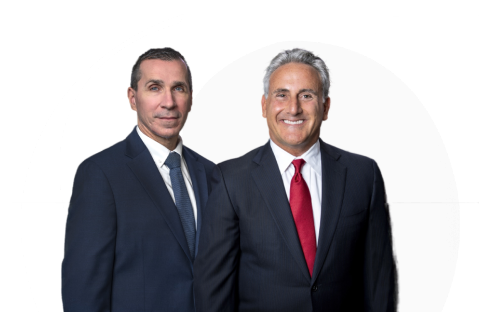What is the purpose of a medical advocate and do you need one?
If you’re suffering from any sort of chronic illness, sudden shift in your health or need surgery, you may need an advocate to keep from becoming one of the thousands of people that are victimized by medical mistakes each year.
You can be your own medical advocate, if you’re up to the task. If not, you can ask a close friend or relative to step in.
Why do you need a medical advocate?
Consider these statistics:
- Around 440,000 deaths happen in hospitals every year due to medical errors — although the true number is believed to be much higher due to collusion among medical professionals and institutions to keep their reputations intact.
- The “optimum” time for a primary care visit is considered 16 minutes. In reality, patients get about seven minutes of actual face time with their physician per visit.
- Patients have between one to five minutes to discuss any topic they raise. That’s not exactly a lot of time to make major medical decisions or learn much about your condition.
The facts all tell the same story: Patients have little time to interact with their physicians. Less time and a hurried physician can create a window of opportunity for major medical errors to occur.
How can a medical advocate help?
If you are capable of divorcing yourself from the emotional impact of the “white-coat syndrome” that often leaves patients feeling awestruck and stressed when dealing with their doctors, you can be your own best advocate. If you can’t, a friend or relative who isn’t easily intimidated may be the better option.
Whichever option you choose, being a medical advocate means:
- Slowing the physician down and making certain that he or she takes the time necessary to adequately address any medical questions or concerns.
- Asking for additional information if it is needed.
- Asking for a referral if you think that the issue is really over your primary care’s head.
- Stopping the doctor if he or she is prescribing a medication and hasn’t fully explained the need for it or the potential risks.
- Letting the doctor know you aren’t comfortable with a course of action.
Essentially, the role requires good communication skills and confidence — without anger or accusations — in order to establish a useful, cooperative relationship with the doctor.
Sometimes, medical errors happen despite everyone’s best efforts. In that situation, it’s probably wisest to explore your legal options.
Source: Huffington Post, “How to Be Your Own Medical Advocate,” Deepak Chopra, Jan. 8, 2018


